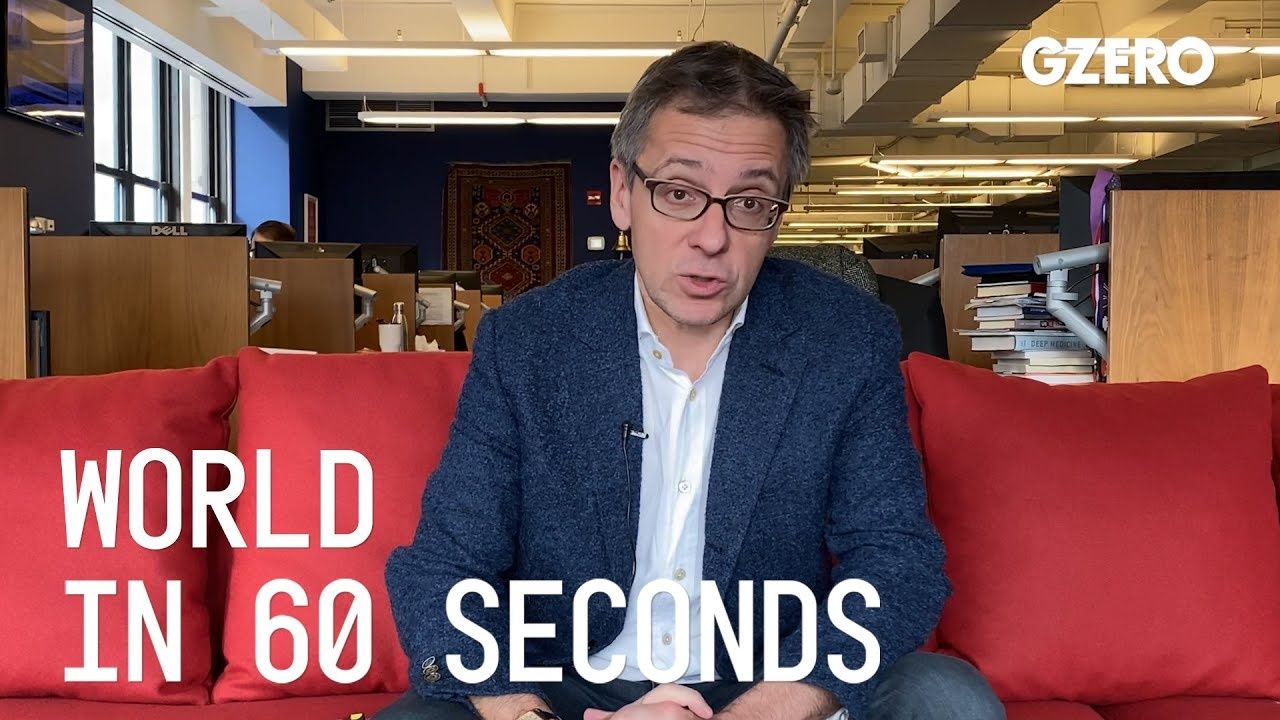January 28, 2020
It is a significant departure in American diplomacy vis-à-vis Israel and Palestine. One big reason for that is that the realities of geopolitics in the Middle East have changed. Today, Israel–Palestine is not a particularly divisive issue of high priority among most of the Arab world. When you ask them what are the things they most worry about, they say Iran, they say Al-Qaeda and ISIS, they say domestic political developments, they say Yemen and Syria and Iraq and Libya.
The position of the Palestinians on the ground is a lot weaker than it used to be. They have less territory, there's been expansion of Israeli settlements despite international outcry against it. The Israelis no longer need Palestinian labor the way they used to — they have an Iron Dome around Israel, provided with American military support, that stops the Palestinians from being able to threaten the Israelis as much with missiles coming over. They have strong surveillance that makes it really hard for the Palestinians to engage in asymmetric warfare against Israel. All of that means that the Palestinians are frankly in a much worse position today than they were five, ten or twenty years ago. Trump Administration policy reflects that.
More For You
A photograph posted by U.S. President Donald Trump on his Truth Social account shows him sitting next to CIA Director John Ratcliffe as they watch the U.S. military operation in Venezuela from Trump's Mar a Lago resort, in Palm Beach, Florida, U.S., January 3, 2026.
@realDonaldTrump/Handout via REUTERS
Most Popular
- YouTube
In this "ask ian," Ian Bremmer analyzes Trump’s recent meeting with Zelensky and how close (or far) Russia and Ukraine are from a peace deal.
Syrian President Ahmed al-Sharaa attends the military parade of the Syrian army in Umayyad Square in central Damascus to mark the one-year anniversary of the fall of the Assad regime, on Dec. 8, 2025.
Mohammed Al-Rifai/dpa via Reuters Connect
A year ago this month, Syria’s brutal dictatorship collapsed. There are signs of recovery, but sectarian violence threatens to undermine the optimism.
© 2025 GZERO Media. All Rights Reserved | A Eurasia Group media company.
